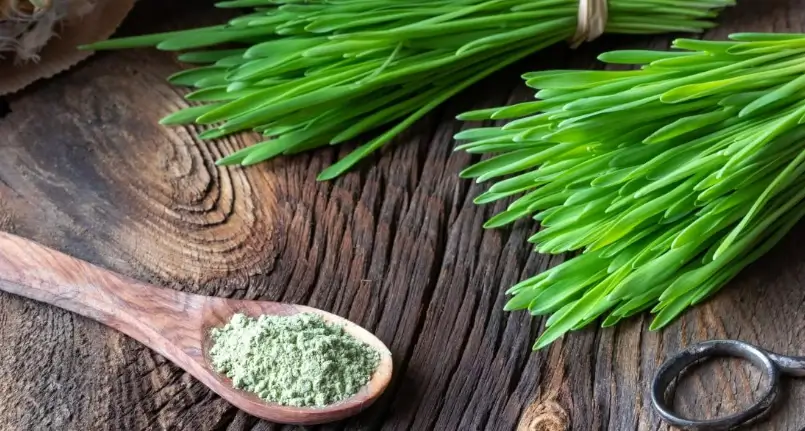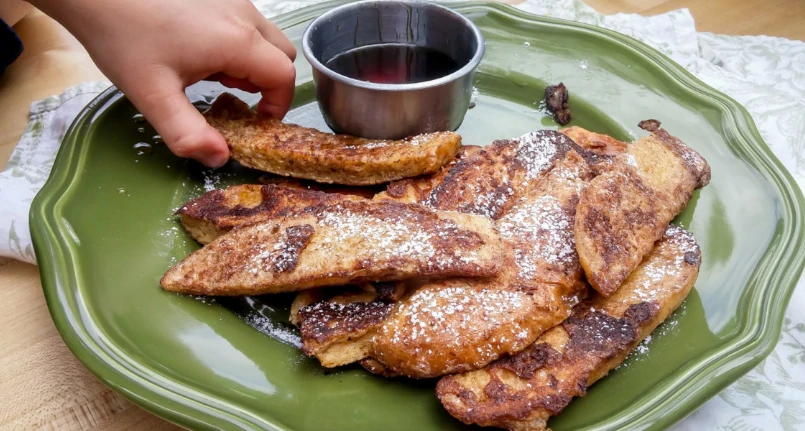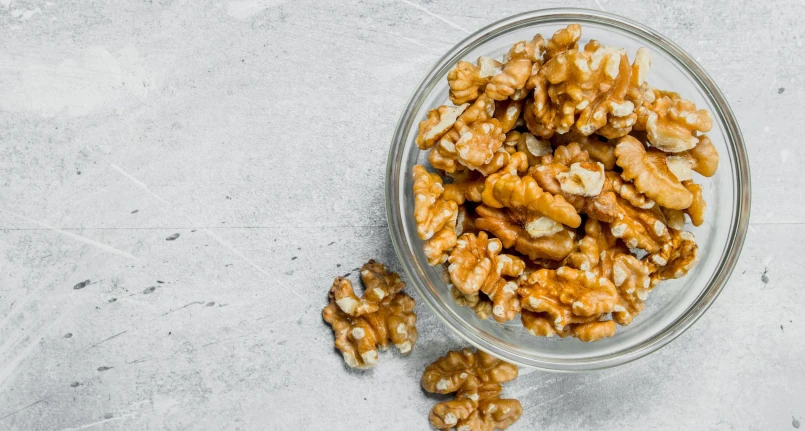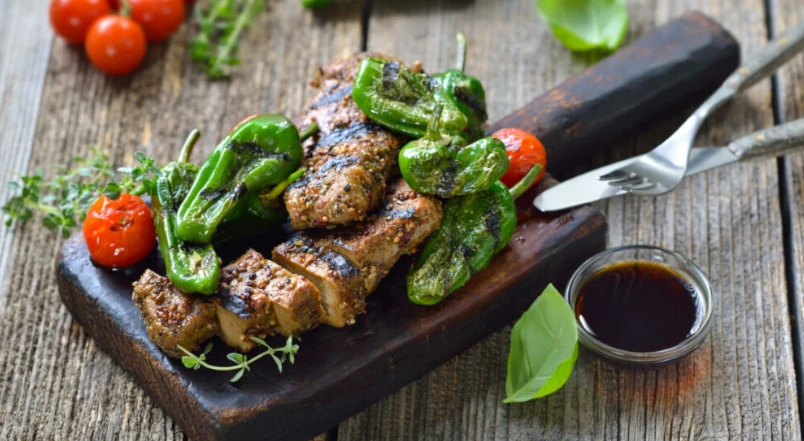Introduction
Situations of prolonged stress , not being able to relax the mind, shift work , time zone syndrome can cause difficulty falling asleep and staying asleep: common elements of insomnia . After sleeping badly or waking up early, we find it difficult to carry out normal daily activities. We realize how important it is to sleep well only when we can no longer do it.
Quarantine sleep disturbances
In this historical moment, the situation is even more delicate. The Covid pandemic together with the health and economic emergency also leads us to face a psychological emergency. The quarantine to which we are subjected, for the containment of the contagion, has reduced our social life, we work in smart working, always closed at home, and has inevitably also changed the sleep – wake rhythms . Social isolation , fear of contagion are highly stressful factors for most of us and insomnia is one of the probable consequences of this period never experienced so far.
What to eat to sleep well?
In this context , nutrition assumes a role of primary importance, it becomes an indispensable and necessary tool because some foods can lower nervous reactivity and promote sleep induction. How can we use nutrition as a tool to fall asleep earlier and sleep better ?
Nutritional advice
You can use some dietary strategies to promote the quality and quantity of sleep. Numerous studies have shown that quality rest can be obtained thanks to an adequate combination of precise foods.
The 2 magical ingredients that cannot be missing from the table to counteract stress and insomnia are tryptophan and melatonin . We have to fill it up in the evening meal.
Dinner , which should be eaten before 8 pm, must be balanced in terms of macronutrients :
- Carbohydrates: capable of influencing the plasma concentration of tryptophan, a precursor of serotonin and a sleep-inducing agent.
- Fats: especially Omega 3 , essential fatty acids which favor the increase of free tryptophan and therefore its uptake acts on the synthesis of serotonin and melatonin.
- Proteins : pay attention to how many and which ones, because a meal rich in this nutrient and with a certain amino acid content could affect sleep. Meat, for example, is rich in various amino acids ( isoleucine , leucine , tyrosine , valine, methionine , phenylalanine ) which compete with tryptophan and could hinder its absorption. So an ‘alternative to dinner can be represented by fish and eggs .
The evening meal must be light but not excessively frugal to avoid hunger crises at bedtime or during the night.
The cooking methods to be preferred are steamed , grilled , grilled , baked, en papillote , simple and without adding fat so that dinner is light and easily digestible.
During the evening meal we must also fill up on muscle relaxant minerals . Two essential micronutrients to ensure quality sleep are magnesium (contained in pumpkin seeds , dried fruit , fish, spinach and broad-leaved vegetables, artichokes , dates, brown rice , oats ) and potassium , of which excellent sources are: bananas , peaches , tomatoes , green beans, courgettes , salmon and chicken .
Calcium , selenium and manganes also play an important role in sleep regulatory mechanisms. Dinner must also be the time to stock up on group B vitamins , because it is thanks to their action that tryptophan can be effectively transformed into serotonin, facilitating the regular sleep/wake rhythm.
What is the role of melatonin in sleep disorders?
To sleep well and stay in a good mood we need melatonin , the hormone that regulates the circadian rhythm, i.e. the body’s sleep-wake cycle. The body is able to produce it (in the early evening for most people) thanks to a small gland present in the brain ( pineal gland or epiphysis ). Melatonin has a maximum peak at night and very low values during the day. Or melatonin, we can get it by filling up with tryptophan, an amino acid which, once ingested, promotes the synthesis of the neurotransmitter of well-being and good mood: serotonin, precursor of melatonin. In nature, there are also foods of plant origin that are rich in melatonin and others that are able to stimulate its endogenous production because they are rich in tryptophan.
What foods contain melatonin?
Some fruits and cereals such as bananas, grapes , rice , wheat , barley , oats (also rich in calcium and magnesium, mineral salts ), extra virgin olive oil are rich in melatonin. These foods should be taken in the evening before going to bed to promote relaxation and normal sleep functionality.
Foods rich in tryptophan
As we have already said, foods containing tryptophan cannot be missing from our diet .
In the following table the favorable food sources for the content of this amino acid, expressed as the ratio between the tryptophan content (g) and the protein content (g) per 100g of edible product.
Nutrition: what to avoid in order not to suffer from insomnia?
It is important to choose well the foods to bring to the table at dinner. There are substances which in particularly sensitive subjects can induce insomnia problems due to their stimulating or depressing action on the CNS .
- Beverages or foods containing nerve- stimulating substances : coffee, tea, cola- type drinks, ginseng drinks , energy drinks and chocolate which can suppress the synthesis of serotonin and melatonin.
- Alcohol and spirits : the initial sense of drowsiness is followed by fractionated sleep due to the workload to which the liver is subjected to metabolize alcohol .
- Sodium -rich foods : Canned, pickled , pickled , and smoked foods can hinder sleep because sodium has a hypertensive effect .
- Foods rich in monosodium glutamate : bouillon cubes , but also cured meats and canned meat and vegetables , ready-made and pre-packaged foods because being exciting it can compromise the quality of sleep .
- Very acidic foods and spices : tomato , citrus fruits (e.g. oranges , lemons , grapefruit , tangerines , etc.), garlic , onion , mint which can cause gastroesophageal reflux .
- Foods rich in tyramine : aged or fermented cheeses (such as cheddar , gorgonzola , roquefort , brie , pecorino , gruyere ), smoked food, wine , aubergines , sauerkraut , sausages and cured meats , not very fresh or preserved fish ( herring , tuna , caviar ) because they have a hypertensive effect and can inhibit sleep; stimulate the secretion of adrenaline, noradrenaline anddopamine .
- Foods with a diuretic effect : watermelon , melon , pineapple to avoid awakenings due to nocturia .
- Foods too rich in fats and proteins: they slow down digestion and inhibit the encephalic uptake of tryptophan.
Conclusions
We have seen how nutrition can contribute directly or indirectly to insomnia as there is a direct correlation between some foods, their preparation and the times of falling asleep and the average duration of sleep. For this reason we must use food in a functional way, implementing some nutritional strategies to guarantee our body adequate and restorative sleep, to avoid negative repercussions on our state of health. It is also good to follow other simple rules of behavior just before going to sleep, such as avoiding physical activity , smoking and using electronic equipment (tablet, PC, mobile phone).




